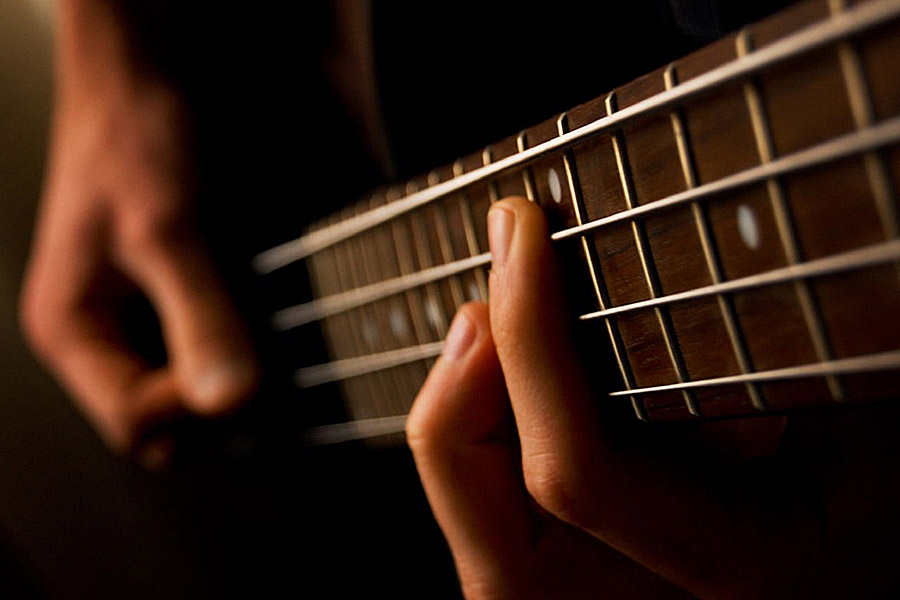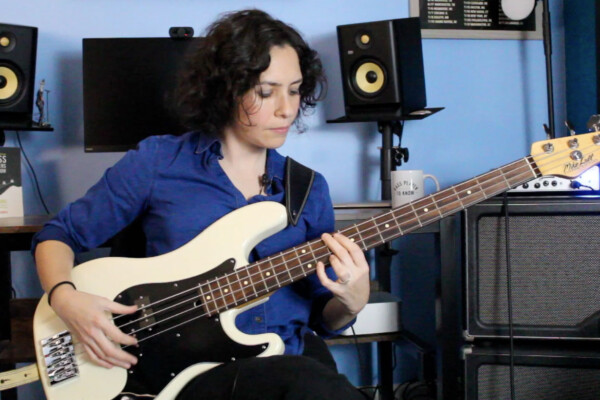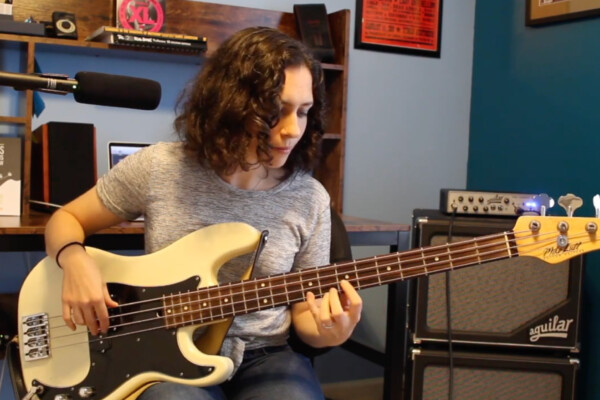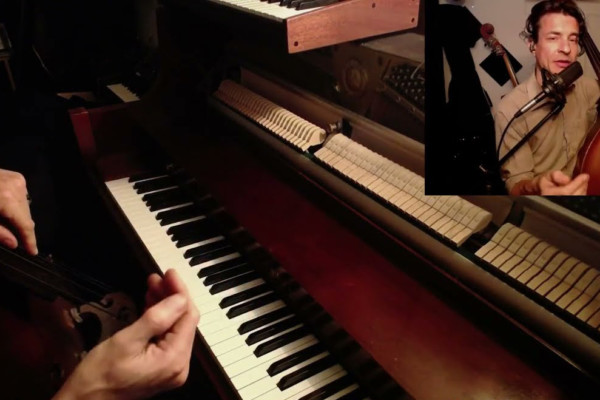Should I Bother With Modes?

Q: First of all thank you very much for your past reply to my question! Lately while working on improvisation and in particular on linear melody through changes, I started asking myself why I should bother with modes. For instance, if there’s a Fmin7 moving to an Amin7 chord and I want to think about those two chords as F Dorian and A Dorian, why not just think in terms of Eb Maj and G Maj tonalities? For me, it widens the palette immensely! I think in terms of a continuous scale and I chose modes just in terms of muscular patterns, so I may start on the third of the Fmin7 with an Ab Lydian and if I play 8th notes, I may land on a D Mixolydian over the Amin7 chord, is this concept wrong? I basically just think in terms of tonality and resolving phrases on chord tones or tensions. Thinking just in terms of modes to me restricts your ability to navigate the instrument freely. I feel rather boxed while if I can target the tonality from every point of the scale and the neck I can play with greater fluidity! What do you think about it? Maybe I’m overthinking the whole concept or maybe there’s something wrong in how I understand harmony. Thank you again for your help and great inspiration!
A: “I basically just think in terms of tonality and resolving phrases on chord tones or tensions.” That one sentence of yours encompasses the actual goal of all of this kind of shed time, to me. You are exactly right and you think about it much the same way that I do.
I see the study of modes as a great introduction towards tonal/fretboard awareness. It’s a great way to map out any given tonality on the fretboard. It’s also a good way to internalize various intervallic relationships. Personally, I don’t see it as a great way to come up with great improvisations but rather, as a great way to see all of the notes that are available to you within one tonality across the fretboard.
I think using the modes when speaking about how to play over a chord type is helpful to convey a general idea but I don’t think that most veteran players really think that way while they are playing.
It sounds like you think more like me, which has more to do with chord scales than modes. I think about the chord tones and available tensions for every chord type. I then compare/contrast where I am on the fretboard, to where I think I may want to go, and then use my intervallic awareness to navigate from point A to point B. Additionally, I’m trying to listen and make use of possible rhythmic and/or harmonic motifs, listen to the melody I am making and hear how it wants to resolve or evolve, etc…
There is a lot of spur of the moment processes that happen in the blink of an eye and in order to be aware and listen/react, you will have had to internalize much of the fretboard and see your tonality laid out before you without having to do much math in real time. This is why the study of scales, modes, chord scales and the like persist. They are some of the best ways to internalize tonality and harmonic awareness. Without having done that work, it’s hard to play freely and comfortably over a myriad of chord changes and musical situations.
This work is a crucial step but by no means, the final step. Internalization of modes and other harmonic patterns simply set you up to be able to react musically and play what you hear without just playing stock licks and patterns. At the very least, it greatly increases your bag of licks and tricks, adding to your vocabulary.
That’s just my estimation, though. There are as many ways to think about, hear and play music are there are people to attempt it. It’s a never-ending process of discovery and growth. I’ve long accepted the fact that I’m still a babe in the woods when it comes to really playing authoritatively through changes. I think as long as it’s the journey that excites any of us, we can be ok with that. I encourage all of you to continue to fully explore different ways of thinking about tonality, scales, intervallic patterns, etc. Play with them all. Much of what we play has to do with how we understand and hear the music.
I practice scales, modes, arpeggios, and intervallic patterns but I also practice playing in the dark along with music I’m unfamiliar with, trying to hear and react to the sound without basing my decisions on pre-conceived intellectual notions about what should sound good or sound hip.
Work your ear, work your brain, listen to a lot of music and be free in your explorations. Think hard, think little. It all applies!
Have a question for Damian Erskine? Send it to [email protected]. Check out Damian’s instructional books, Right Hand Drive and The Improviser’s Path.



